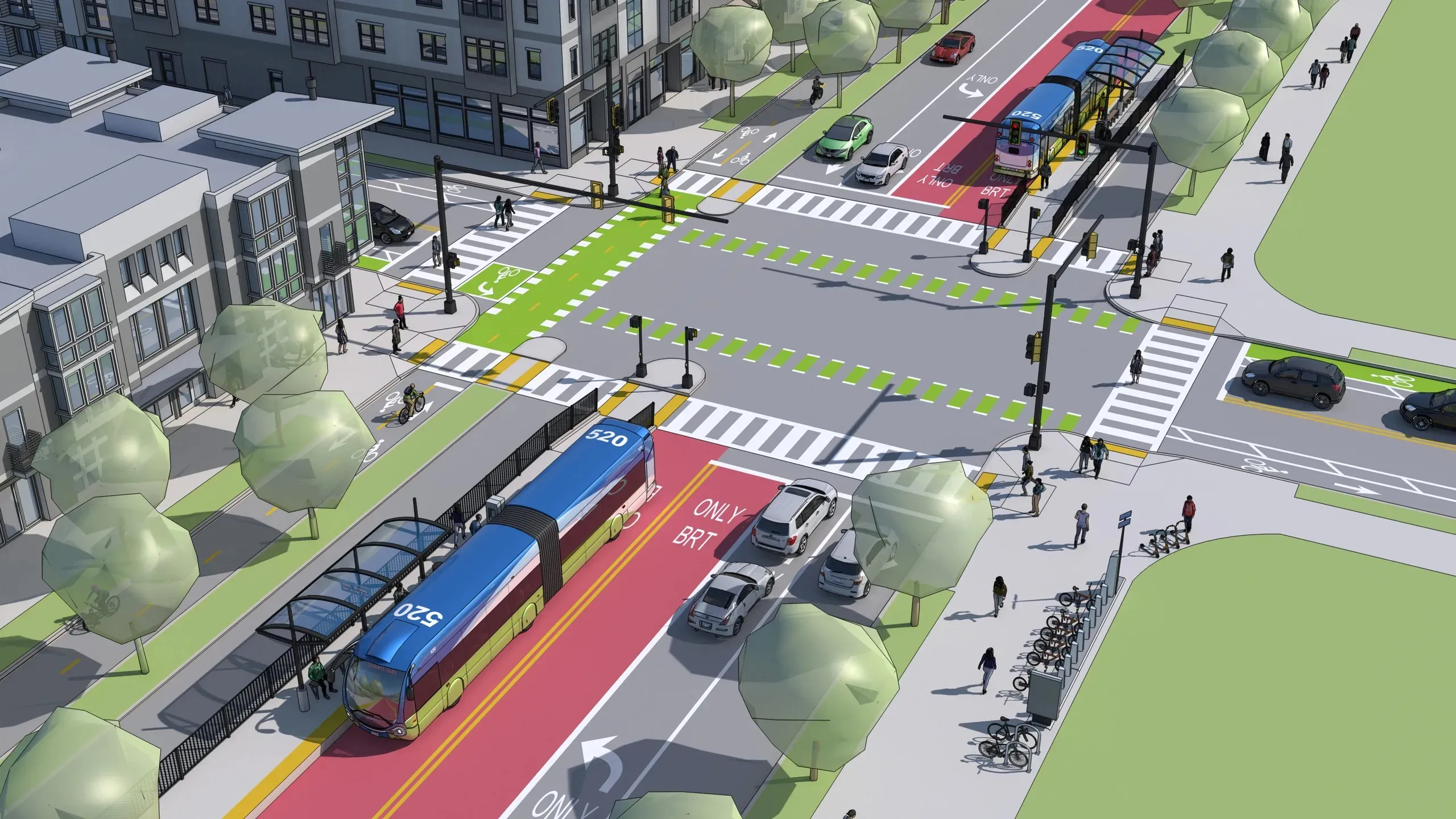As the US congress continues to debate the impending shortfall in transportation funding, several states have implemented increases in state gas taxes.
New Hampshire’s levy went up four cents per gallon and Maryland’s increased by a half of a penny per gallon. Indiana, meanwhile, switched from a flat rate to a percentage of the monthly gasoline price average in the state.
Infrastructure advocates have pushed lawmakers to increase the federal gas tax for the first time in 21 years as the Department of
July 4, 2014
Read time: 2 mins
As the 2018 US Congress continues to debate the impending shortfall in transportation funding, several states have implemented increases in state gas taxes.
New Hampshire’s levy went up four cents per gallon and Maryland’s increased by a half of a penny per gallon. Indiana, meanwhile, switched from a flat rate to a percentage of the monthly gasoline price average in the state.
Infrastructure advocates have pushed lawmakers to increase the federal gas tax for the first time in 21 years as the Department of Transportation said this week that it would soon begin cutting back on infrastructure reimbursements to states.
The gas tax, which is currently priced at 18.4 cents per gallon, has been the traditional source of funding for the Highway Trust Fund, which is set to run out of money in August. The gas tax only brings in approximately US$34 billion per year, however, and current transportation funding is closer to US$50 billion a year.
Lawmakers are struggling to come up with a way to close the approximately US$16 billion-per-year shortfall before the Highway Trust Fund goes bankrupt.
A bipartisan pair of senators proposed last month that the tax be increased by 12 cents over the next two years to help make up the transportation funding difference. But lawmakers in both chambers have largely been reluctant to increase taxes in the middle of an election year.
Transportation advocates have pointed to states that have increased their gas taxes to argue that a federal hike would be more politically viable than most observers believe.
New Hampshire’s levy went up four cents per gallon and Maryland’s increased by a half of a penny per gallon. Indiana, meanwhile, switched from a flat rate to a percentage of the monthly gasoline price average in the state.
Infrastructure advocates have pushed lawmakers to increase the federal gas tax for the first time in 21 years as the Department of Transportation said this week that it would soon begin cutting back on infrastructure reimbursements to states.
The gas tax, which is currently priced at 18.4 cents per gallon, has been the traditional source of funding for the Highway Trust Fund, which is set to run out of money in August. The gas tax only brings in approximately US$34 billion per year, however, and current transportation funding is closer to US$50 billion a year.
Lawmakers are struggling to come up with a way to close the approximately US$16 billion-per-year shortfall before the Highway Trust Fund goes bankrupt.
A bipartisan pair of senators proposed last month that the tax be increased by 12 cents over the next two years to help make up the transportation funding difference. But lawmakers in both chambers have largely been reluctant to increase taxes in the middle of an election year.
Transportation advocates have pointed to states that have increased their gas taxes to argue that a federal hike would be more politically viable than most observers believe.









